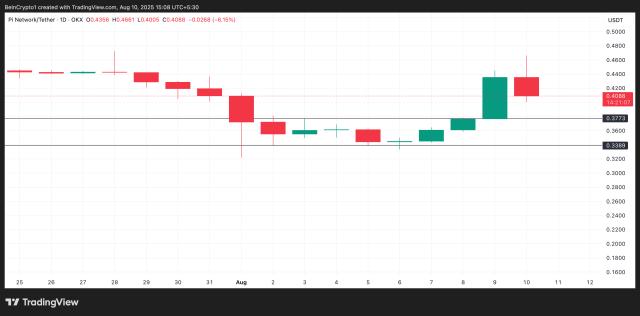Binance is reportedly collaborating with BBVA, allowing cryptoasset customers to safely store assets outside the exchange in US Government Bonds with the famous Spanish bank. This collaboration marks an important step as traditional finance meets digital assets, aiming to reshape cryptoasset custody in Europe.
Responding to the growing demand for safer digital asset storage and regulatory oversight, this alliance emphasizes the industry's shift towards transparency.
New Model for Cryptoasset Security
The collaboration between Binance and BBVA provides institutional customers with the option to store digital assets, primarily escrow funds, in US Government Bonds through a traditional European bank. This model minimizes the risks of centralized crypto custody and directly addresses investor protection concerns, especially after recent industry incidents.
By partnering, Binance provides enhanced protection while leveraging BBVA's regulated expertise. This move demonstrates the increasing adoption of hybrid models, where established banks support digital asset infrastructure. As a result, the crypto industry is quickly adapting to serve larger, risk-averse customers.
"This move is considered a response to the increased demand for safety and transparency in the cryptoasset market after the collapse of FTX and related industry scandals," according to the Financial Times report.
This collaboration directly supports new European regulations. Spain's updated approach, including the MiCA regulation, puts additional pressure on exchanges to ensure long-term protection and responsibility for customers.
BBVA's custody role is based on official approval to provide Bitcoin and Ether services in Spain. With compliance from the Spanish Securities and Exchange Commission (CNMV), BBVA allows customers to trade and manage cryptoassets directly on its digital banking platform.
The collaboration between Binance and BBVA signals increasing institutional trust in the cryptoasset market. Recent exchange failures have heightened the demand for more robust protection, making safe custody more important than ever.
Traditional bank-based custody solutions help exchanges attract risk-averse customers and demonstrate to regulators and investors that crypto platforms are raising standards. Therefore, such partnerships are likely to enhance institutional participation and help the industry meet evolving regulatory requirements.






